Connected Murihiku
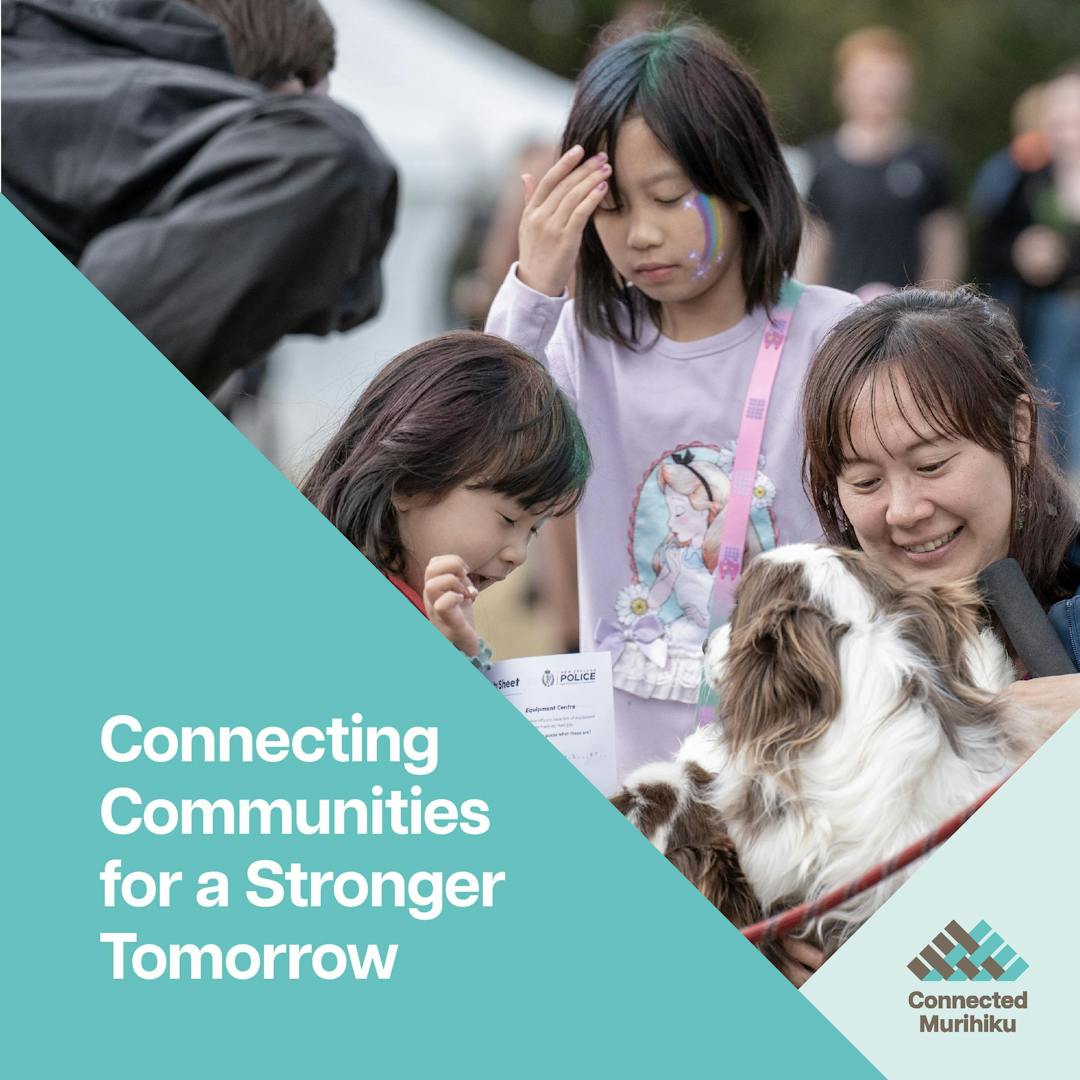
Project Overview
This community-led initiative has been designed in response to the feedback gathered for the Just Transitions process via the engagement with the Community Capability work stream, known as Strong Communities Murihiku. The project sets a strong platform to grow and develop over time in response to the needs of the community and social sector. The Connected Murihiku proposal is a means to bring all these agencies, organisations and people together, build connection and resilience and ensure we get the best out of all the community and social activity in Murihiku.
Connected Murihiku includes an online platform together withContinue reading
Project Overview
This community-led initiative has been designed in response to the feedback gathered for the Just Transitions process via the engagement with the Community Capability work stream, known as Strong Communities Murihiku. The project sets a strong platform to grow and develop over time in response to the needs of the community and social sector. The Connected Murihiku proposal is a means to bring all these agencies, organisations and people together, build connection and resilience and ensure we get the best out of all the community and social activity in Murihiku.
Connected Murihiku includes an online platform together with a project lead. You can link to the Connected Murihiku website here. The project lead role will be to connect with the community and social sector and to champion the platform with them. The project lead will also gather the information for the website and build a picture of what exists and where the gaps are for the sector. They will facilitate in-person support to the community and social sector in the form of in-person hui and be accessible to those not able to access the online platform.
The four focus areas for the Project are:
Community-led approach – we’re committed to a community-led approach ensuring strong, interconnected networks both in person and online, and developing a website tailored to the community’s needs
Increased visibility – enhancing the visibility of local organisations, sharing impactful stories and improving community access to information and support.
Insights and advocacy – gaining valuable insights into our community and growing advocacy capabilities.
Growing capability and collaboration – identifying opportunities for capacity building and collaboration, thereby strengthening or community and social sectors.
-
Southern Field Days at Waimumu
Share Southern Field Days at Waimumu on Facebook Share Southern Field Days at Waimumu on Twitter Share Southern Field Days at Waimumu on Linkedin Email Southern Field Days at Waimumu link
So I have never been to the Field Days before - what an amazing event! It was great to be there to chat with people about Connected Murihiku and talk about the issues community organisations are facing in the region and particularly the rural sector. The changing face of volunteering continues to come up as a strong theme for many organisations and people. In particular:
- We are relying on the same people all the time - what happens when they can't do it anymore?
- And how do we operate differently because our communities and the people in them are different and are driven by different things?
These are big questions with no easy answers. But there are also organisations that are working very successfully with volunteers - we would love to hear your hot tips on what makes this work. You can add your thoughts by going to the Forum tab and adding a note there.
-
Volunteers
Share Volunteers on Facebook Share Volunteers on Twitter Share Volunteers on Linkedin Email Volunteers link
The feedback we are getting is that organisations are looking for support with managing volunteers. We know the community and social sector in Murihiku is reliant on volunteers and so many things wouldn't happen without them. Volunteers are key to making events and many services in communities happen.
We are thinking about ways Connected Murihiku can support organisations to support volunteers. So, this month you will see a few opportunities to feedback to us on the things your organisation would find useful.
We are also keen to hear your hot tips and successes with working with volunteers - what do you and your organisation do to keep volunteers engaged? How do you get new volunteers on board?
Being a volunteer is also a rewarding experience and we would love to hear from people who volunteer on why they do it and what the organisation they volunteer for des to make them keep coming back.
We have added a Forum tool to the Let's Talk page to get the conversation started. We can't wait to hear from you!
-
First Joint Committee Meeting of 2024
Share First Joint Committee Meeting of 2024 on Facebook Share First Joint Committee Meeting of 2024 on Twitter Share First Joint Committee Meeting of 2024 on Linkedin Email First Joint Committee Meeting of 2024 link Today we had the first Joint Committee meeting for 2024. The Committee meets every six weeks and provides oversight for the work I do as Project Lead. The Committee is made up of 1 representative from each of the 3 councils, 4 Runaka representatives and 3 community representatives. The open agenda for today's meeting can be found here.
Today we had the first Joint Committee meeting for 2024. The Committee meets every six weeks and provides oversight for the work I do as Project Lead. The Committee is made up of 1 representative from each of the 3 councils, 4 Runaka representatives and 3 community representatives. The open agenda for today's meeting can be found here.From the pic you might have guessed that our meetings are held at the Community Trust South on Don St which is also where my office is based. If you are interested in connecting you can contact me on becs.amundsen@connectedmurihiku.co.nz to arrange a time (I only work 25 hours per week.)
We made some exciting steps forward today including signing off the new logo (stay tuned), chatting about our upcoming presence at the Waimumu Field Days and how we can weave together the community organisations across the region so the sector is stronger.
-
Just Transitions
Share Just Transitions on Facebook Share Just Transitions on Twitter Share Just Transitions on Linkedin Email Just Transitions linkJust Transitions - what is it?
Following the July 2020 closure announcement of the New Zealand Aluminium Smelter (NZAS), the Government committed to supporting the Southland region through a just transition process. In response, the Ministry of Business, Innovation and Employment (MBIE) has supported a year-long engagement and planning process with Southlanders.
Regardless of the fate of NZAS, a key focus of the just transition is planning for and managing the social, economic, and environmental impacts of economic change. A transition should support communities to include a range of perspectives in planning, seizing opportunities, and mitigating harms. This process is an opportunity for Southland to lead New Zealand in building the industries, jobs and skills needed to create a more productive, sustainable, and inclusive economy.
The just transition process in Southland has worked to define the challenges and opportunities facing the region, assess existing planning documents, and develop an understanding of the region’s competitive advantages. This process was guided by an interim Project Oversight Group, consisting of MBIE officials, the Regional Public Sector Commissioner, Murihiku Regeneration Collective representatives, and Southland local government representatives.
As part of this work, the interim project oversight group agreed to the project goal of:
"Helping Southland build its economic, environmental, and social resilience through and beyond the planned closure of the New Zealand Aluminium Smelter in December 2024"
Delivering on this goal needs a focused and doable plan. The just transition engagement and planning process resulted in a work plan broken into three key themes:
- New industries and employment
- Transitioning business and skills
- Long-term planning and capability
An Enduring Oversight Group (EOG) monitors the delivery of the Just Transitions work plan, made up of central government, local government, iwi, unions, business representatives, and the education, community, and primary sectors.
Background
This is a time of extraordinary change for the Invercargill and Southland communities. Covid-19 has accelerated existing trends and created new challenges. Key industries, including Tiwai, are being disrupted and long-standing employment and social connections are at risk.
Invercargill and Southland communities which are used to a slower pace of change are now coming under pressure from a range of different directions.
Southland is a diverse region with many unique communities. It is experiencing a range of challenges from social exclusion of young people, particularly in South Invercargill to dwindling communities in some areas of Southland District as a result of ageing populations and economic change.
Southland has a long history of collaboration and innovative responses to community challenges – the success of SIT is just one example of this which assisted in turning around the fortunes of the city at a previous time of decline.
The Just Transitions community workshops, held in 2021, revealed that people felt greater support for vulnerable people and new ways to connect, share and grow were some of the most important things people would need during the transition.
There is an opportunity now for a new collaborative approach to building strong communities that will untilmately work towards greater community well-being for Southlanders.
Our Community - here's our numbers......
Just over 100,000 people live in Southland.
54% of the population live in Invercargill, 34% in Southland District and the remainder in Gore District.
The community is diverse and both the Māori and Asian populations are growing. Within Invercargill City, 17% of people are Māori and 3% are Asian. Outside the city, almost 10% are Maori and 4% are Asian. (NZ Stats, Census 2018)
Our population is ageing - The median age of people in Southland is around 40. 16 – 17% of people are over 65 and this is forecast to increase. (NZ Stats, Census 2018)
26% of people in Invercargill and 24% in the wider district have no qualifications. This compares to 17% nationwide. 10% have a Bachelor’s Degree compared to 14% at a national level.
South Invercargill has one of highest rates of exclusion for young people nationally – 30% compared to the national average of 23%. ( https://www.odt.co.nz/regions/southland/youth-programme-has-national-launch)
85% of the South Invercargill population live in high deprivation areas, compared to 37.4% of the total Invercargill population. (MSD quoted in the Saving Grace proposal June 2021)
Between 2013 and 2021 the Southland population has increased by 8400. 1185 new homes have been constructed, well short of the 3,333 new homes which were estimated to be needed based on 2.52 occupancy. (Great South, Southland Housing Situation Analysis, 2021)
1000 people work at New Zealand Aluminium Smelter Ltd and an estimated 1600 more rely at least partially on Tiwai for their employment. (NZAS, 2020)
Important Links
Key Dates
FAQs
- What is Just Transitions, and what is its role in Connected Murihiku?
- Who are Strong Communities working group and what is their role in Connected Murihiku?
- What geographical area will the Connect Murihiku Project support?
- What is the role of Invercargill City Council in the Connected Murihiku project?
- Who will make up the Joint Committee?
- What is the proposed timeline for the Joint Committee?
Who's Listening
-
Kaikaunihera Maori - Awarua, Mana Whenua Representative
Awarua Rūnanga
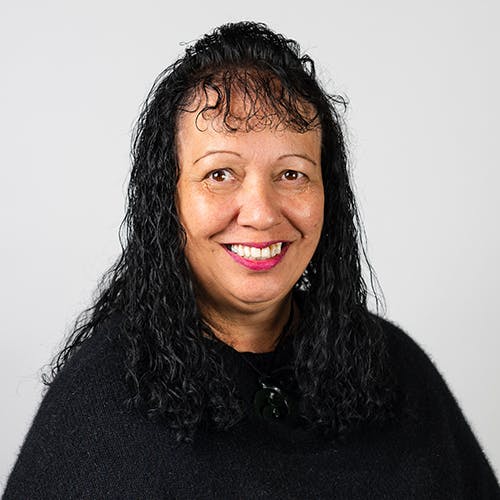
Email Pania.Coote@icc.govt.nz -
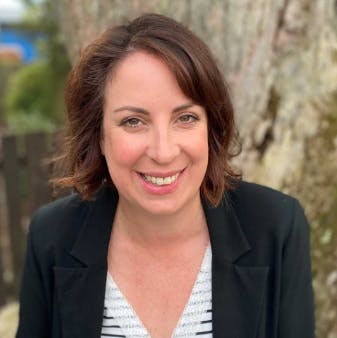
-
Community Representative
Community Networking Trust Gore
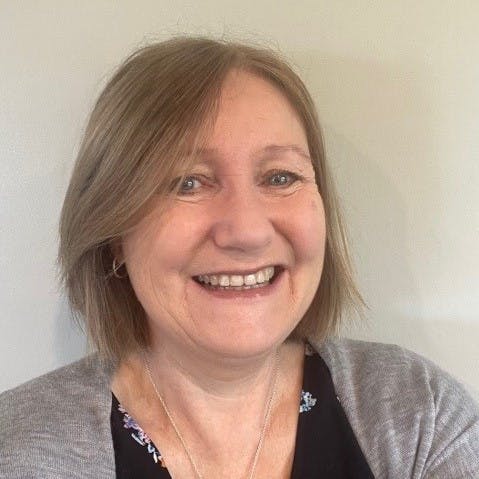
-
Southland District Council Representative
Southland District Council
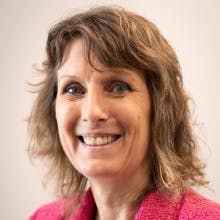
-
Community Representative
Te Rourou One Foundation
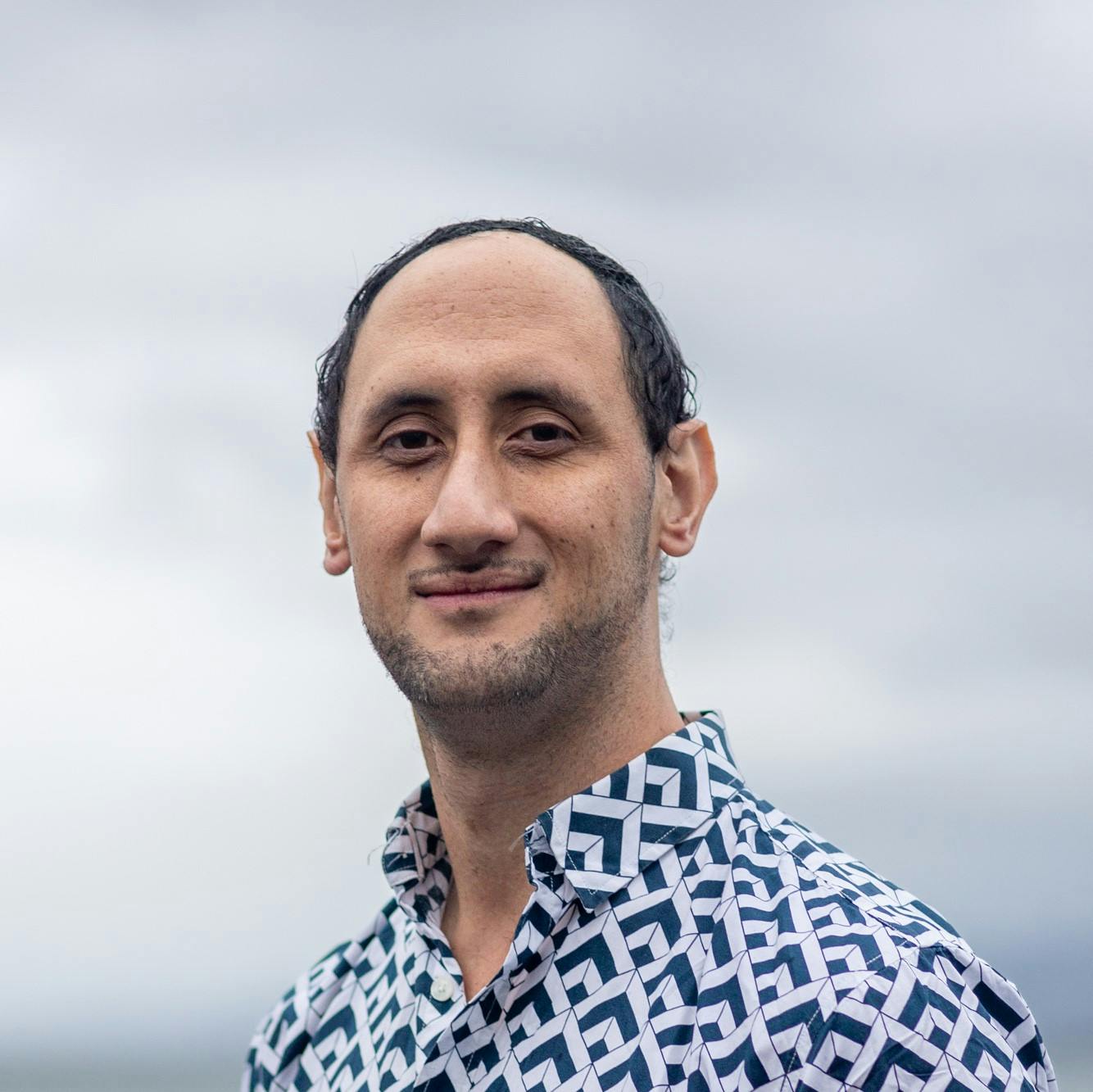
-
Gore District Council Representative
Gore District Council
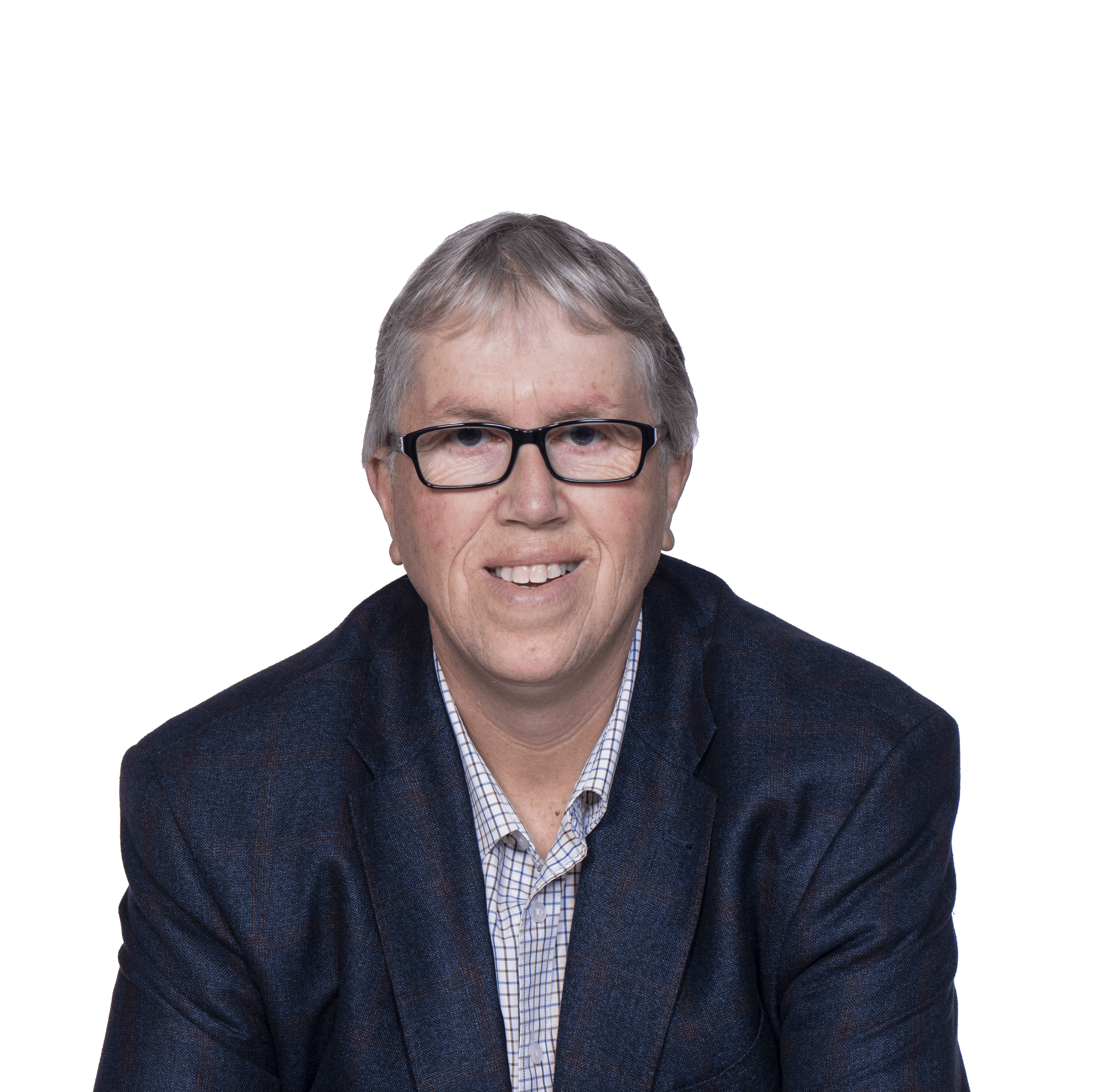
-
Invercargill City Council Representative
Invercargill City Council

-
Connected Murihiku Project Lead
Invercargill City Council
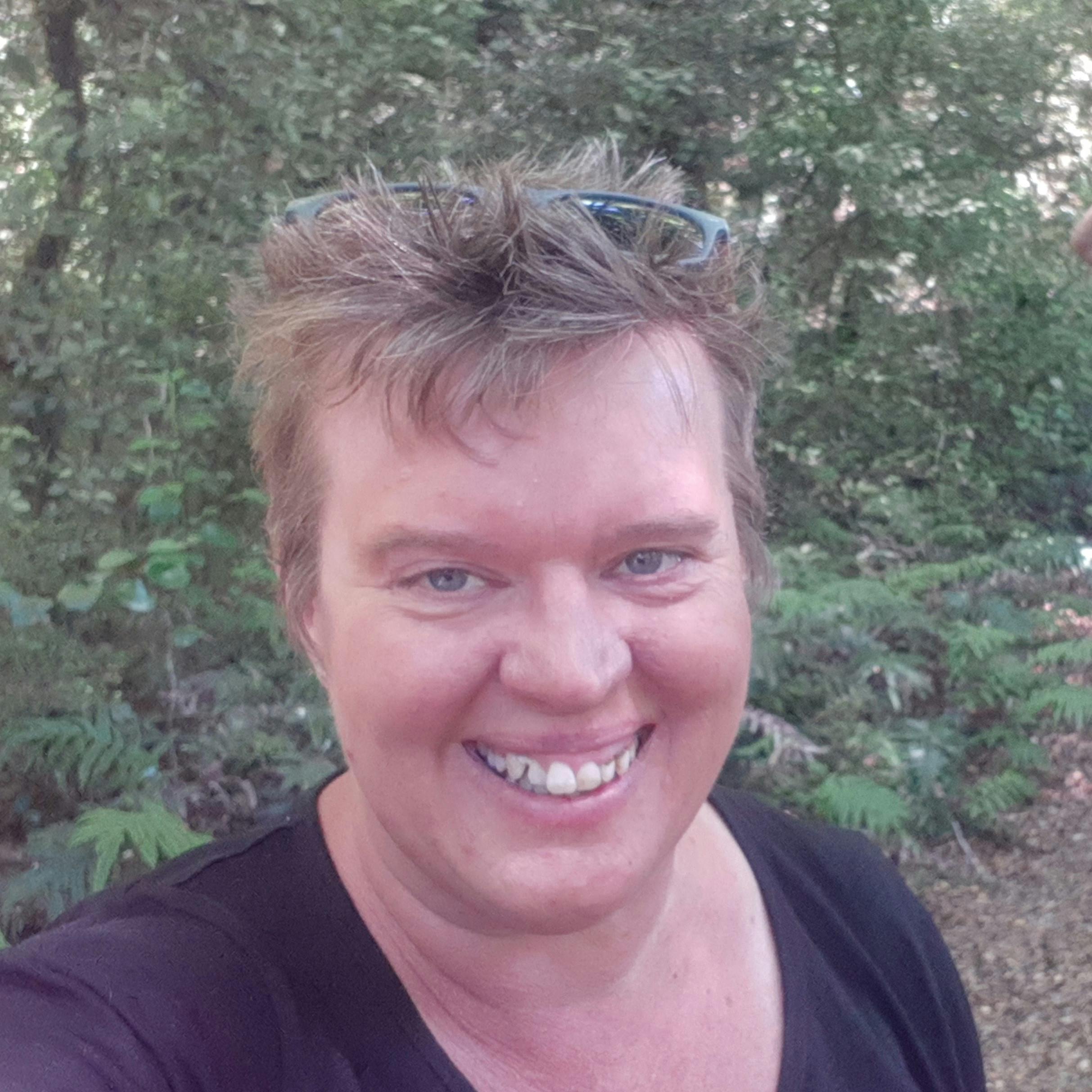
Phone 021536433 Email Becs.Amundsen@icc.govt.nz

